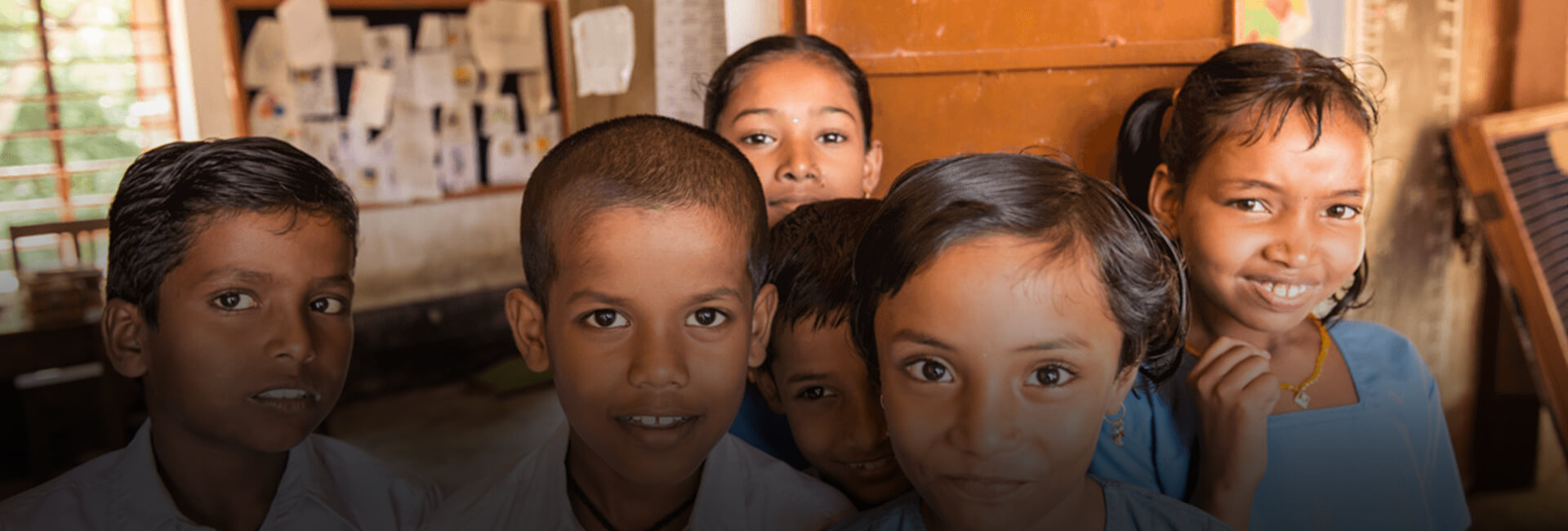What is right to education in india (rte)
What is Right to Education (RTE) in India?
People often ask what is Right to Education Act? The Right to Education Act of 2009, commonly called the RTE Act 2009, was passed by the Parliament of India on 4 August 2009. The Act describes the importance of free and compulsory education for children aged between 6-14 years in India under Article 21 of the Constitution of India. This Right to Education Act casts a legal obligation on the state as well as the central governments to execute the children’s right to education.
Importance of Right to Education (RTE) Act 2009
India has developed tremendously over the past decade. But the actual growth cannot really be measured through the number of flyovers or shopping malls that have been built. How literate and educated the populace of a country is a sound indicator of the progress it (the country) has made. Education is a significant part of our lives. A society can only grow if people are educated and aware. Therefore, an education system, which is sturdy and robust, goes a long way in ensuring the spread of education in a society.
According to the 7th All India Education Survey, 2002, less than half of India’s children between the age 6 and 14 go to school and a little over one-third of all children who enrol in the 1st grade reach the 8th grade. In spite of various efforts being made to change the education scenario in India, at least 35 million children aged 6 – 14 years still do not attend school and 53% of girls in the age group of 5 to 9 years are illiterate.
86th Amendment Act, Article 21(A) made Right to Primary Education part of the Right to Freedom. Education was not a fundamental right in India until it was made a fundamental right in the 86th amendment to the Constitution.
The right to Free and Compulsory Education Act, 2009 is an endeavour to directly benefit all the children in the 6-14 years age group who are not enrolled in schools. There are millions of children who are still deprived of their rights. It is important for children and their families from economically backward and marginalised areas to become aware of the Right to Education (RTE).
Enshrined in Article 26 of the Universal Declaration of Human Rights and Article 14 of the International Covenant on Economic, Social and Cultural Rights, Right to Education has been recognised as a basic human right.
As it is rightly said, the future of a nation is its youth. The youth can be empowered only if it’s educated. Right to Education (RTE) is certainly the way forward.
Why is the right to education important in India
The government is doing its bit but as responsible citizens of this country, it is also our duty to ensure that every individual in the country can access his/her rights. Various non-profit organisations are also working to ensure that people have access to quality education. Bal Raksha Bharat is one such organisation that is running programmes to support the education of the most disadvantaged children of India in different ways like we map out-of-school children and ensure their enrolment into formal schools in age-appropriate classes, in classrooms, we encourage and help children to undertake learning activities in groups and in metro cities, we operate our own learning centres where children coming from the socially-excluded communities are provided learning and/or after-school support.
Donating to charities like Bal Raksha Bharat, enables a significant and lasting impact on education. Your contributions help provide underprivileged children, especially girls, with access to quality education, empowering them to break the cycle of poverty and achieve their full potential. By supporting educational initiatives, you contribute to creating a more equitable society where every child has the opportunity to thrive and contribute positively to their community and beyond. You can make a meaningful difference in shaping a brighter future for children in need.




